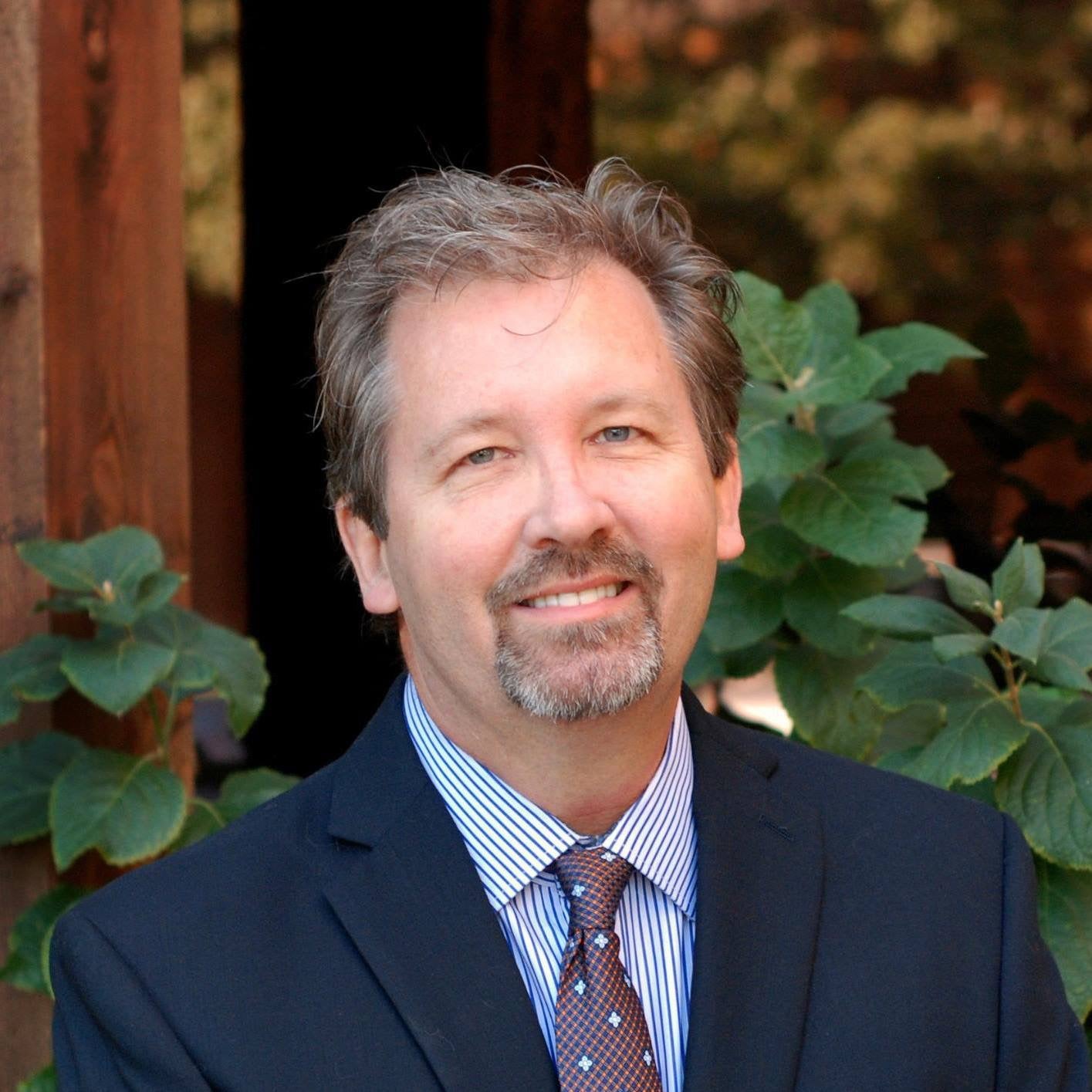Finley: Alzheimer’s knows no boundaries
Published 12:01 am Saturday, February 5, 2022
|
Getting your Trinity Audio player ready...
|
February is Black History Month – and among the many great achievements to celebrate are those of Dr. Solomon Carter Fuller.
Dr. Fuller lived from 1872 – 1953, and performed ground-breaking research on the physical changes that take place in the brains of Alzheimer’s patients. Dr. Fuller studied under Alois Alzheimer, the man for whom the disease is named. In 1919, Dr. Fuller became part of the faculty at Boston University School of Medicine, where he stayed until 1933. From then until his death, he held a private practice as a physician, neurologist and psychiatrist.
Fast forward to today. Did you know African-Americans may be at a higher risk for Alzheimer’s disease than Caucasian Americans? In fact, African-Americans are twice as likely to get Alzheimer’s as whites. Alzheimer’s is the fourth leading cause of death among older African-Americans.
That’s why it’s so important to be able to recognize the 10 warning signs of Alzheimer’s.
- Memory loss that disrupts daily life
- Challenges in planning or solving problems
- Difficulty completing familiar tasks
- Confusion with time or place
- Trouble understanding visual images and spatial relationships
- New problems with words in speaking or writing
- Misplacing things and losing the ability to retrace steps
- Decreased or poor judgement
- Withdrawal from work or social activities
- Changes in mood and personality
You can find out much more about these at https://www.alz.org/alzheimers-dementia/10_signs
There are also two major steps you can take, not only toward better brain health, but toward overall body health.
1) Be heart-smart – watch your numbers
- Blood pressure Desirable blood pressure is less than 120/80
- Blood sugar Desirable fasting blood sugar is less than 100 mg/dL
- Body weight Keep your body weight in the recommended range
- Cholesterol Desirable cholesterol is less than 200 mg/dL
2) Make brain-healthy lifestyle choices
- Stay mentally active
- Remain socially involved
- Stay physically active
- Adopt a brain-healthy diet
Remember, you can also get the Association’s COVID-19 guidelines for Alzheimer’s and dementia caregivers in long-term or community-based care settings here: https://alz.org/professionals/professional-providers/coronavirus-covid-19-tips-for-dementia-caregivers
Scott Finley is media relations manager for the Alzheimer’s Association. He can be reached at scfinley@alz.org. The Alzheimer’s Association leads the way to end Alzheimer’s and all other dementia – by accelerating global research, driving risk reduction and early detection, and maximizing quality care and support. Our vision is a world without Alzheimer’s and all other dementia. Visit alz.org or call 800.272.3900.





